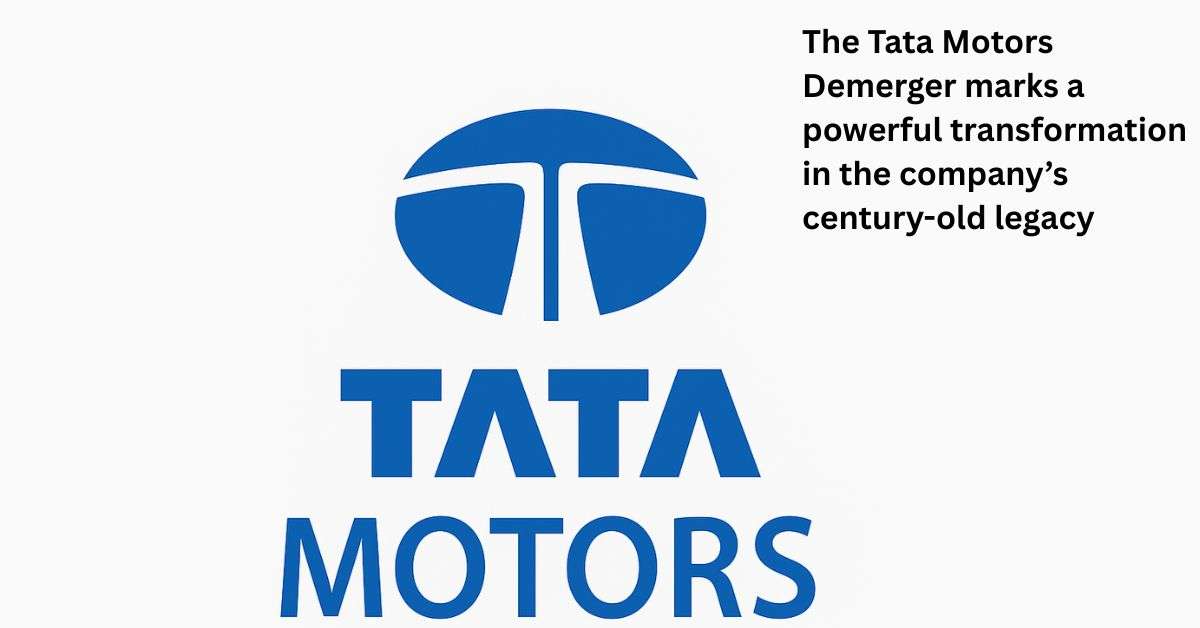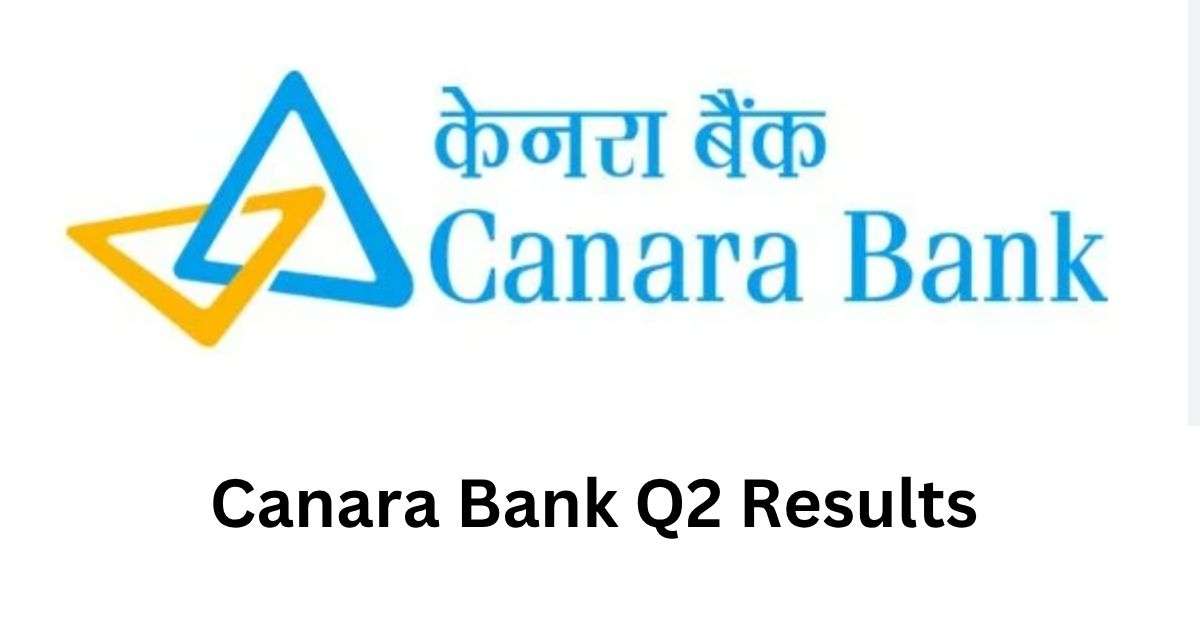Table of Contents
| Section | Heading |
|---|---|
| 1 | Introduction of Top Companies: |
| 2 | Overview of the Market Performance |
| 3 | Detailed Analysis of TCS and Infosys Gains |
| 4 | Performance of Bharti Airtel, ICICI Bank, and ITC |
| 5 | Reliance Industries: Steady Growth |
| 6 | Hindustan Unilever’s Minimal Gains |
| 7 | LIC, HDFC Bank, and SBI: The Losers of the Week |
| 8 | Stock Market Performance: Week Overview |
| 9 | Sectoral Analysis: IT, Realty, Auto vs. Energy, Metal |
| 10 | Midcap and Smallcap Index Performance |
| 11 | Expert Insights on the Market Trends |
| 12 | Impact of Macroeconomic Factors |
| 13 | Future Outlook for the Indian Stock Market |
| 14 | Practical Investment Tips for Retail Investors |
| 15 | Conclusion |
1. Introduction
The Indian stock market witnessed a significant surge in the market capitalization of seven out of the top ten valued companies, with a combined increase of ₹1,40,863.66 crore. This article delves into the details of this remarkable performance, focusing on the top gainers like Tata Consultancy Services (TCS) and Infosys, as well as analyzing the overall market trends and future outlook.

2. Top companies: Overview of the Market Performance
In the past week, shortened by a holiday, the BSE benchmark Sensex gained nearly 1%, with the index climbing 730.93 points. This surge was primarily driven by a strong rally on Friday, reversing earlier losses. The market capitalization of seven out of the top ten valued companies increased significantly, reflecting a positive sentiment on Dalal Street.
3. Detailed Analysis of TCS and Infosys Gains
3.1 Tata Consultancy Services (TCS)
TCS emerged as the top gainer of the week, with its market capitalization rising by ₹67,477.33 crore to ₹15,97,946.44 crore. This increase reflects the company’s robust performance in the IT sector, driven by strong demand for digital services and cloud solutions.
3.2 Infosys
Infosys followed closely, adding ₹36,746.21 crore to its valuation, which now stands at ₹7,72,023.49 crore. The company’s focus on innovation and digital transformation has been a key driver of its growth, positioning it as a leader in the IT industry.
4. Performance of Bharti Airtel, ICICI Bank, and ITC
4.1 Bharti Airtel
Bharti Airtel’s market capitalization increased by ₹11,727.55 crore to ₹8,45,123.87 crore. The telecom giant continues to benefit from its strong subscriber base and strategic investments in 5G technology.
4.2 ICICI Bank
ICICI Bank saw a rise of ₹10,913.96 crore in its market valuation, bringing it to ₹8,36,115.19 crore. The bank’s solid financial performance and growth in retail loans have been instrumental in its success.
4.3 ITC
ITC’s market capitalization increased by ₹8,569.73 crore to ₹6,28,399.10 crore. The company’s diversified business model, including FMCG, hotels, and agri-business, has contributed to its steady growth.
5. Reliance Industries: Steady Growth
Reliance Industries, the most valued company in India, added ₹5,311.4 crore to its market capitalization, reaching ₹20,00,076.41 crore. The company’s continued focus on digital services, retail, and energy has solidified its position at the top of the market.
6. Hindustan Unilever’s Minimal Gains
Hindustan Unilever saw a minimal increase of ₹117.48 crore in its market valuation, now standing at ₹6,45,926.13 crore. Despite being a market leader in the FMCG sector, the company’s growth was relatively flat compared to its peers.
7. LIC, HDFC Bank, and SBI: The Losers of the Week
7.1 Life Insurance Corporation of India (LIC)
LIC experienced a significant drop in its market capitalization, losing ₹47,943.48 crore to ₹6,69,058.26 crore. The decline reflects concerns over the company’s investment strategies and market volatility.
7.2 HDFC Bank
HDFC Bank’s market valuation fell by ₹13,064 crore, bringing it down to ₹12,43,441.53 crore. The bank faced challenges related to regulatory changes and economic uncertainties.
7.3 State Bank of India (SBI)
SBI also saw a decline, with its market capitalization decreasing by ₹10,486.42 crore to ₹7,25,080.10 crore. The bank’s exposure to non-performing assets (NPAs) and slower loan growth contributed to the drop.
8. Stock Market Performance: Week Overview
Friday’s rally was a key factor in reversing the week’s losses, with the Nifty and Sensex closing with around one percent gains. The Nifty 50 advanced by 0.71%, while the Sensex gained 0.91%, ending the week on a positive note. This was the best session for the NSE benchmark since July 26, and the Sensex logged the biggest single-day gain in over two months.
9. Sectoral Analysis: IT, Realty, Auto vs. Energy, Metal
9.1 IT Sector Gains
The IT sector led the gains, driven by strong performances from companies like TCS and Infosys. The demand for digital transformation services continues to boost this sector.
9.2 Realty and Auto Sectors
The realty and auto sectors also performed well, reflecting increased consumer demand and favorable government policies.
9.3 Energy and Metal Sectors
In contrast, the energy and metal sectors ended the week in the red, with declining commodity prices and concerns over global economic growth weighing on these industries.
10. Midcap and Smallcap Index Performance
The broader indices also recovered losses, with the midcap index gaining nearly a percent and the smallcap index finishing almost flat. This reflects a cautious optimism among investors in mid-sized and smaller companies.
11. Expert Insights on the Market Trends
Market experts suggest that the recent gains in the stock market are driven by positive corporate earnings, strong domestic demand, and favorable global cues. However, they also caution that macroeconomic challenges, such as inflation and interest rate hikes, could impact future growth.
12. Impact of Macroeconomic Factors
The Indian stock market’s performance is influenced by various macroeconomic factors, including inflation, interest rates, and global economic conditions. The Reserve Bank of India’s monetary policy decisions and government fiscal policies play a crucial role in shaping market trends.
13. Future Outlook for the Indian Stock Market
Looking ahead, the Indian stock market is expected to continue its upward trajectory, driven by strong corporate earnings, increased foreign investments, and ongoing economic reforms. However, investors should remain cautious of potential risks, such as global economic slowdown and geopolitical tensions.
14. Practical Investment Tips for Retail Investors
For retail investors, diversification and long-term investment strategies are key to navigating the stock market. Investing in a mix of large-cap, mid-cap, and small-cap stocks, along with sector-specific funds, can help mitigate risks and maximize returns.
15. Conclusion
In summary, the Indian stock market had a positive week, with significant gains in the market capitalization of top companies like TCS and Infosys. While some sectors and companies faced challenges, the overall market sentiment remains optimistic. Investors should stay informed and consider diversifying their portfolios to capitalize on market opportunities.
Open Your Demat Account with Discount Brokers:
ZERODHA 1) : https://zerodha.com/open-account?c=EJ4366
Angelone 2) : https://tinyurl.com/2gloc3g6 or
Upstox3): https://link.upstox.com/9w4tNo1rK8au7VK47










Ny weekly There is definately a lot to find out about this subject. I like all the points you made